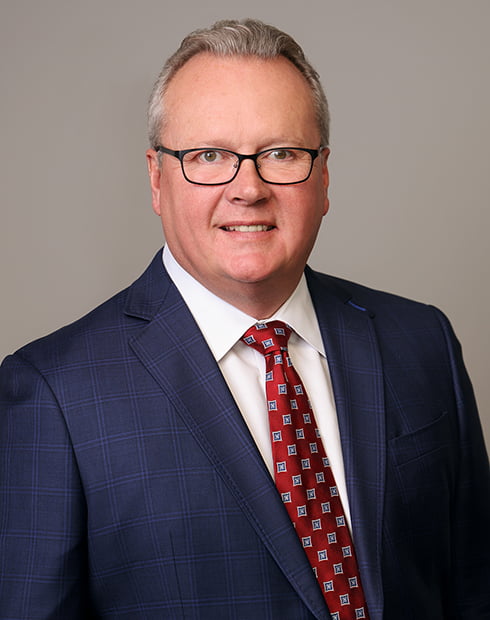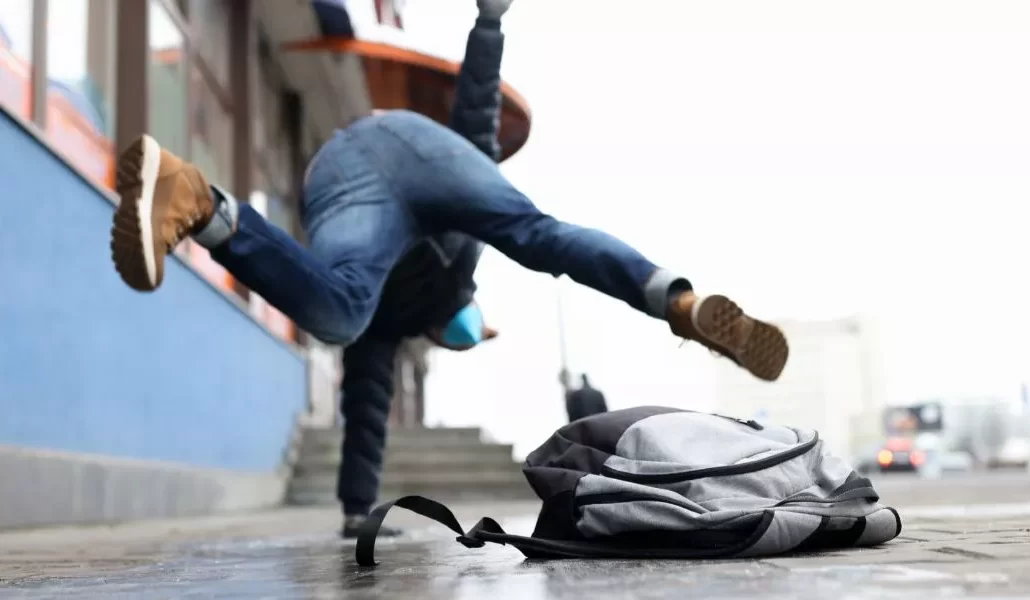When you are on public or private property, such as stores and homes, you expect a certain level of safety. Property owners have a legal responsibility to you and others who are legally on the premises, including guests, employees, visitors, and customers. This is a responsibility to protect guests from hazards. Unfortunately, accidents on premises do still occur. Knowing the common types of premises liability cases in North Carolina can help you remain safer on these properties.
Premises liability injuries can result in minor harm to individuals or significant and life-altering injuries. When property owners fail to uphold their duty to safety, they are liable for those injuries and any other damages that are suffered as a result.
The Most Common Causes of Premises Liability Claims
Premises liability accidents can happen in many different ways. Although they are grouped into common categories, this does not capture the entire scope of the potential harm that one could encounter on a given property, only highlighting some of the most common dangers. These include:
Slip-and-Fall Accidents
Slip-and-fall accidents occur when property owners fail to address specific hazards, such as slippery floors or improper lighting, and an individual slips and falls as a result. Spills on the floor that are not mopped in a reasonable amount of time are the most common cause of these accidents.
Such incidents can also occur if property owners do not address ice or other hazards on the sidewalks and parking lots surrounding their premises.
Trip-and-Fall Accidents
Trip-and-fall accidents are very similar to slip-and-falls, but they are caused by an obstacle or other obstruction, rather than slippery ground. These accidents may result from:
- Uneven ground and an elevation that changes without warning
- Cords or wires across hallways and other walkways
- Obstacles and other debris
- Broken or uneven stairs
Property owners are responsible for not properly safeguarding these hazards.
Improper Maintenance
Disrepair and wear-and-tear can result in hazards. Property owners should address these dangers. A lack of maintenance is especially dangerous when it involves machinery, dangerous chemical storage, and electrical malfunctions. Failure to maintain parking lots can also result in serious dangers and even collisions.
Negligent Security
Property owners must also be aware of potential hazards to their visitors and do what is reasonable to mitigate those dangers. For example, if a property or its location has a high level of violent crime, a property owner should take reasonable steps to address it, such as installing CCTV, fences, and proper lighting. Some cases may even require them to hire security personnel. If a property is likely to see attacks from wild animals, property owners should take reasonable measures to prevent this.
If someone is injured due to ineffective security measures or the lack of any security measures at all, a property owner would be liable.
Dog Attacks
A dog attack that occurs on a property owner’s premises due to the owner’s negligence is a premises liability case. An attack on the pet owner’s property may also qualify. The owner of a dog is strictly liable for damages done by their dog if the injured party was legally on the premises and did nothing to provoke the dog. In some cases, both the dog owner and the property owner are liable.
When Is an Injured Party Not Able to Claim Damages?
Property owners do not have any responsibility to most trespassers. The only legal responsibility that property owners have to trespassers is to avoid purposefully harming them. However, there are exceptions. Property owners do have a level of responsibility to child trespassers.
Additionally, North Carolina operates under the laws of contributory negligence. This means that if the injured party is found to be at all liable for their injuries, they cannot recover compensation. This may not always apply in cases of strict liability, and it is important to review your case with an experienced attorney.
FAQs
Q: What Is the Most Common Type of Liability Claim?
A: The most common type of liability claim in premises liability situations is a slip-and-fall claim. This encompasses a wide range of potential hazards on a property, including spills, tripping hazards, poor lighting, and improper fall prevention. Hazards can be created from sudden accidents or because of a lack of maintenance over time.
Property owners have a responsibility to warn about or fix hazards within a reasonable amount of time. If someone who is on the premises legally is injured because the property owner neglected this responsibility, the owner can be held strictly liable for the resulting damages.
Q: What Is Premise Liability Law in North Carolina?
A: Under North Carolina law, public and private property owners have a responsibility to keep their property reasonably safe for any person who is legally on the property. This includes invitees, customers, employees, and visitors. Trespassers are not the responsibility of property owners unless the trespasser is a child.
Property owners must address known hazards on their property, either by informing those on their property or fixing the hazard. If someone who is legally on the property is injured because of a hazard that a property owner failed to address, the property owner can be held liable.
Q: Can a Trespasser Sue for Injury in North Carolina?
A: In most cases, no, a trespasser cannot file a claim when they are injured on another party’s premises. However, there are exceptions to this. A property owner who willfully harms a trespasser can be held liable for their injuries.
Under the state’s Attractive Nuisance Doctrine, property owners do hold a responsibility to child trespassers. Property owners are responsible for identifying potential hazards that would be attractive to child trespassers and doing what is reasonable to mitigate the risks of a child being injured.
Q: What Are the Three Most Common Types of Liabilities?
A: Some of the most frequent types of premises liability claims include:
- Slip-and-Fall: This includes slippery surfaces, uneven ground, trips due to poor lighting, and falls due to improper or broken railings.
- Negligent Security: When a property owner is aware of a danger around the premises, they should take reasonable steps to prevent that danger, such as from violent crime or wild animal attacks.
- Animal Attacks: The most common form of animal attack is a dog bite. Owners are strictly liable for harm done by their dogs or pets if the injured individual is legally on the premises.
Find an Experienced Premises Liability Attorney in North Carolina
If you have been injured on another person’s property in Burke, Caldwell, or Catawba Counties due to a hazard, you may have the grounds for a premises liability claim. Contact the Law Office of Lyndon R. Helton, PLLC, today to see how we can help.



